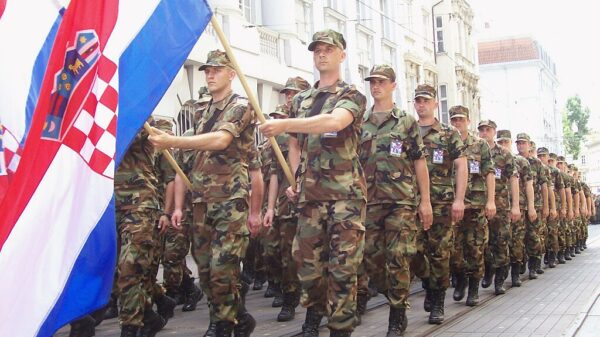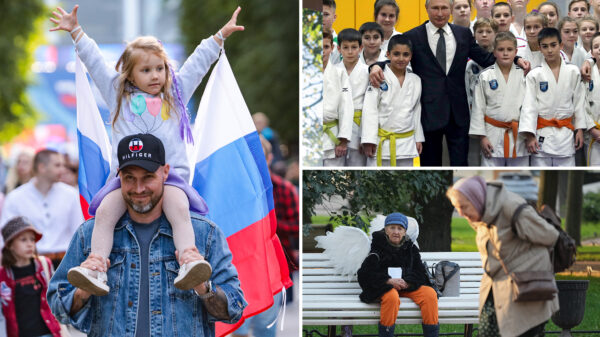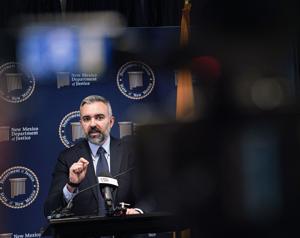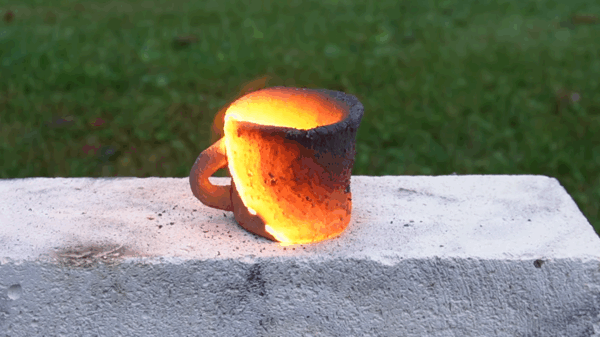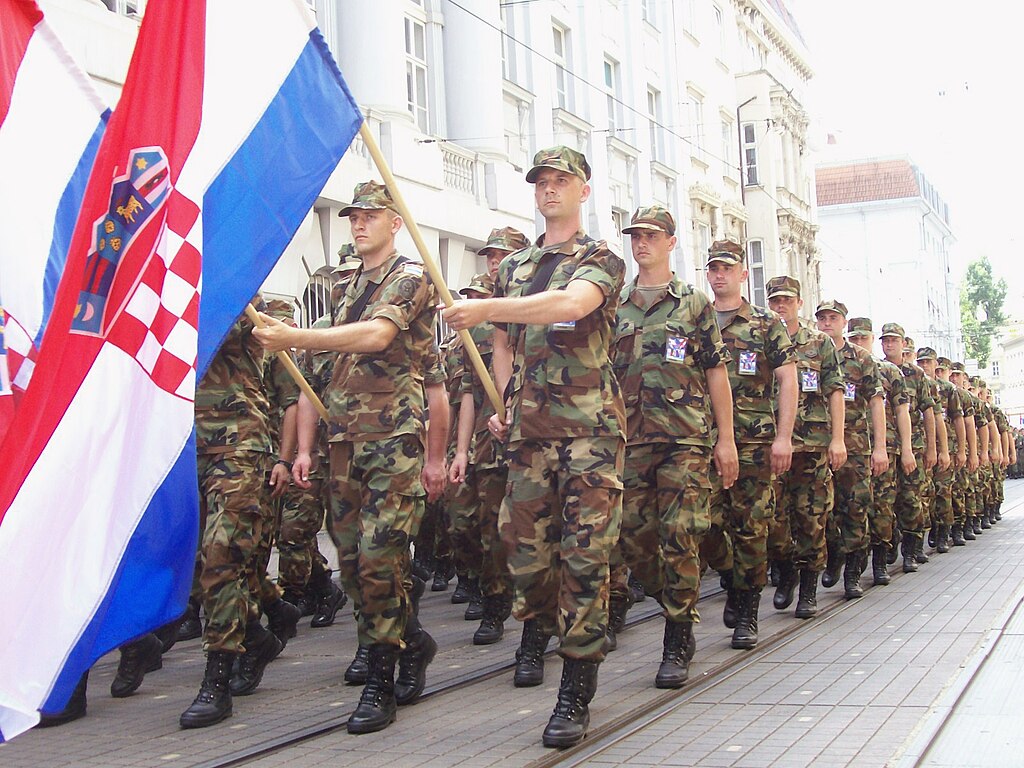The Republic of Croatia has reintroduced compulsory military service, a move driven by rising concerns over the ongoing conflict between Russia and Ukraine as well as regional instability in the Balkans. On Friday, the Croatian Parliament, known as the Sabor, voted overwhelmingly in favor of this initiative, with an outcome of 84 votes in favor and 11 against. This decision amends the country’s Defense Act and the Armed Forces Service Act, reinstating basic military training for young citizens.
Under the new legislation, individuals born in 2007 will be required to undergo medical examinations by the end of this year. The program mandates two months of basic training, which the Croatian Ministry of Defense states is designed to equip young people with essential crisis-response skills. Those who object to military service on religious or moral grounds will have the alternative option to serve as civil servants for a period of three to four months.
Ivan Anušić, the Croatian Defense Minister, indicated that the first group of conscripts is scheduled to begin training in January 2026. The country aims to enlist approximately 4,000 recruits annually. Anušić also highlighted that the training program will incorporate modern warfare techniques, including cybersecurity, first aid, drone operation, and advanced survival skills.
Croatia previously suspended conscription in 2008, but ongoing tensions in the region, particularly concerning its neighbor Serbia, have prompted the nation to enhance its military capabilities and strengthen defense partnerships. Earlier in 2025, Croatia entered into a trilateral military agreement with Albania and Kosovo, a pact that received significant backlash from Serbia. According to the Defense Ministers of the three countries, this agreement aims to bolster security through joint training, improve interoperability, and address hybrid threats, which include cybersecurity attacks and disinformation campaigns.
Anušić further emphasized Croatia’s ambition to emerge as a key player in European drone production. He noted that local manufacturers are currently producing thousands of FPV drones utilizing exclusively Croatian technology. This development aligns with the broader strategic objective of enhancing national defense capabilities amid a rapidly changing security environment in Europe.
As Croatia transitions back to conscription, the government is keen to foster a new generation of citizens equipped to respond to both traditional and contemporary security challenges. The decision underscores the importance of proactive measures in strengthening national defense and regional stability.





